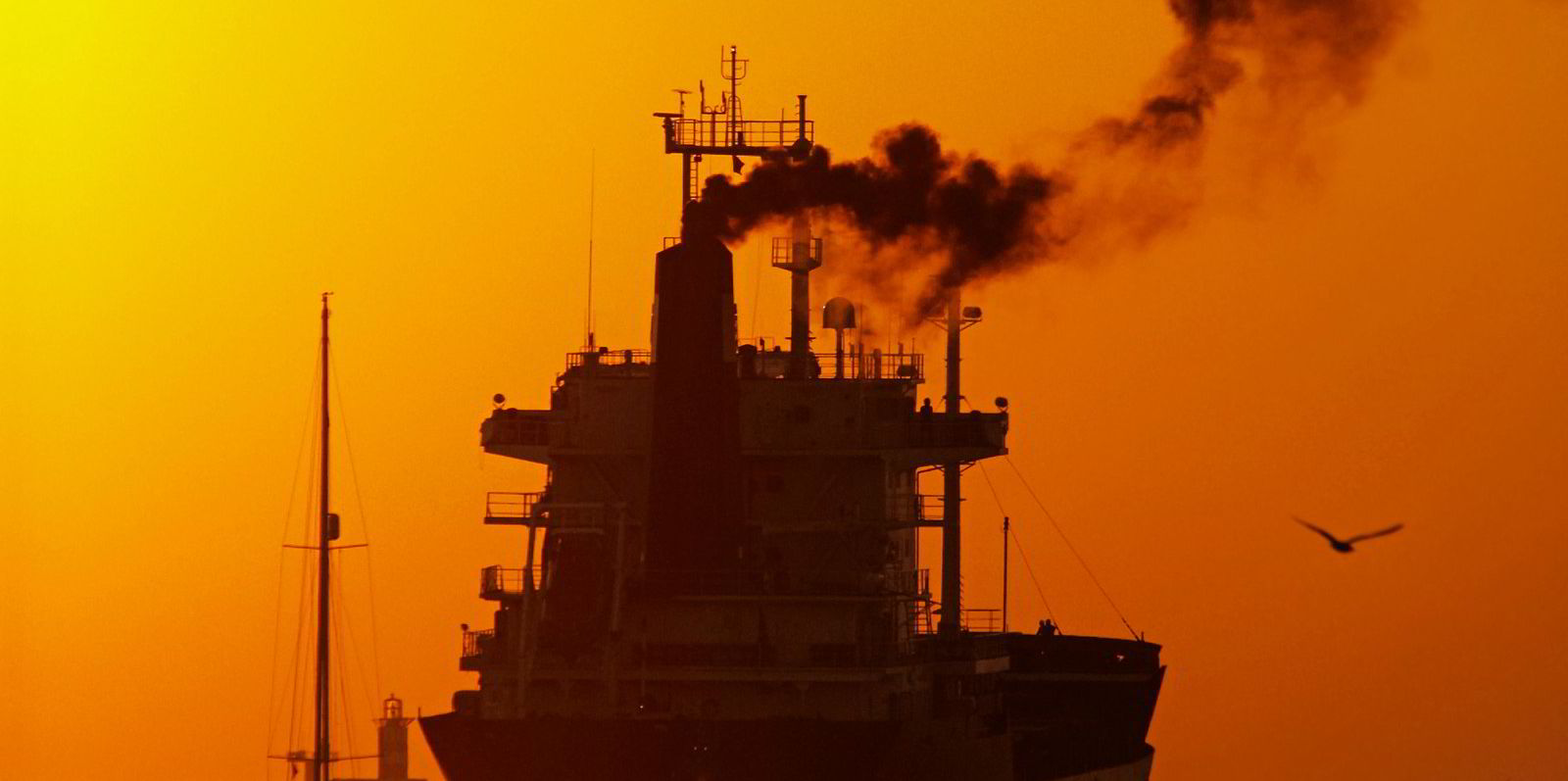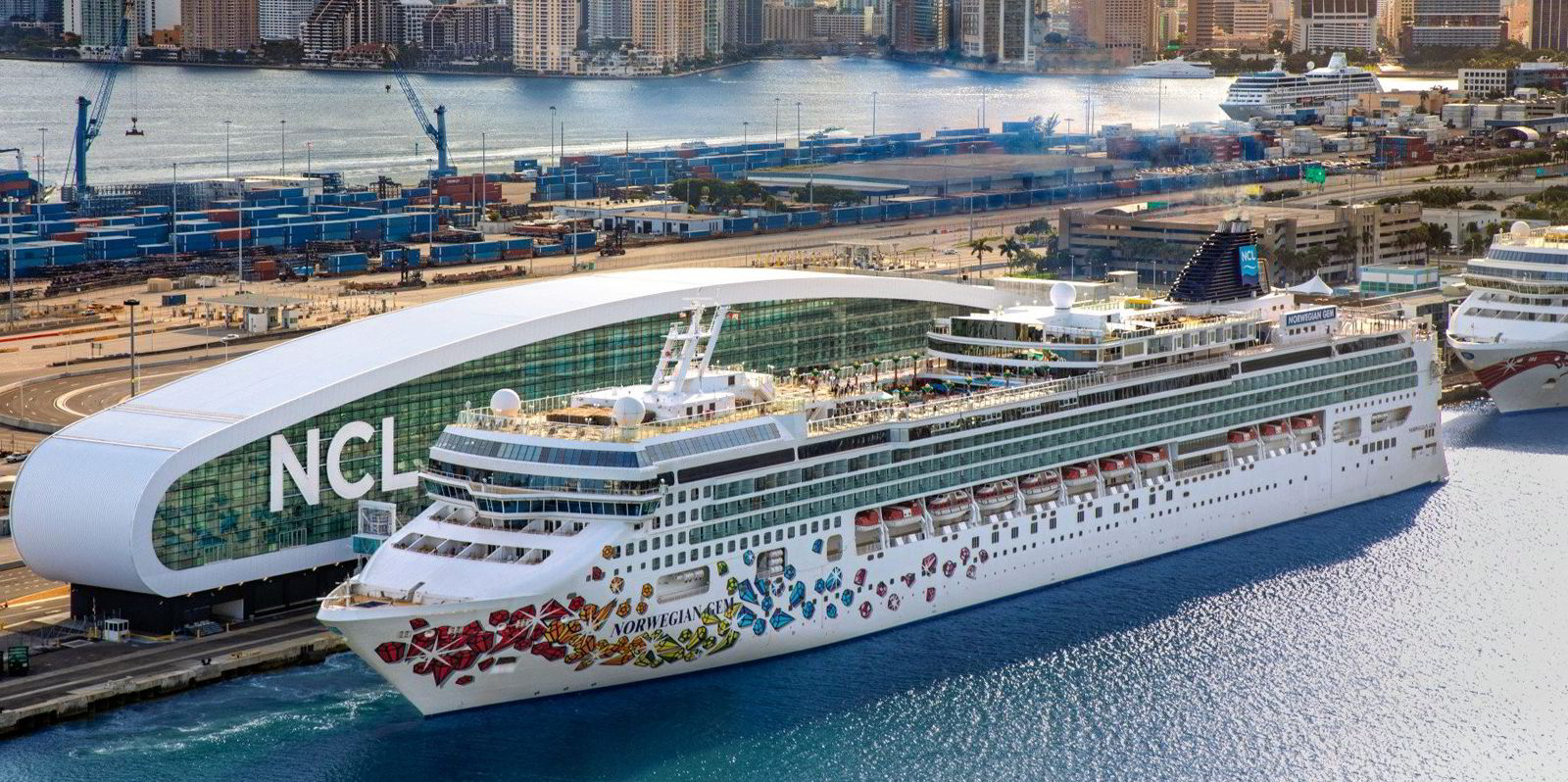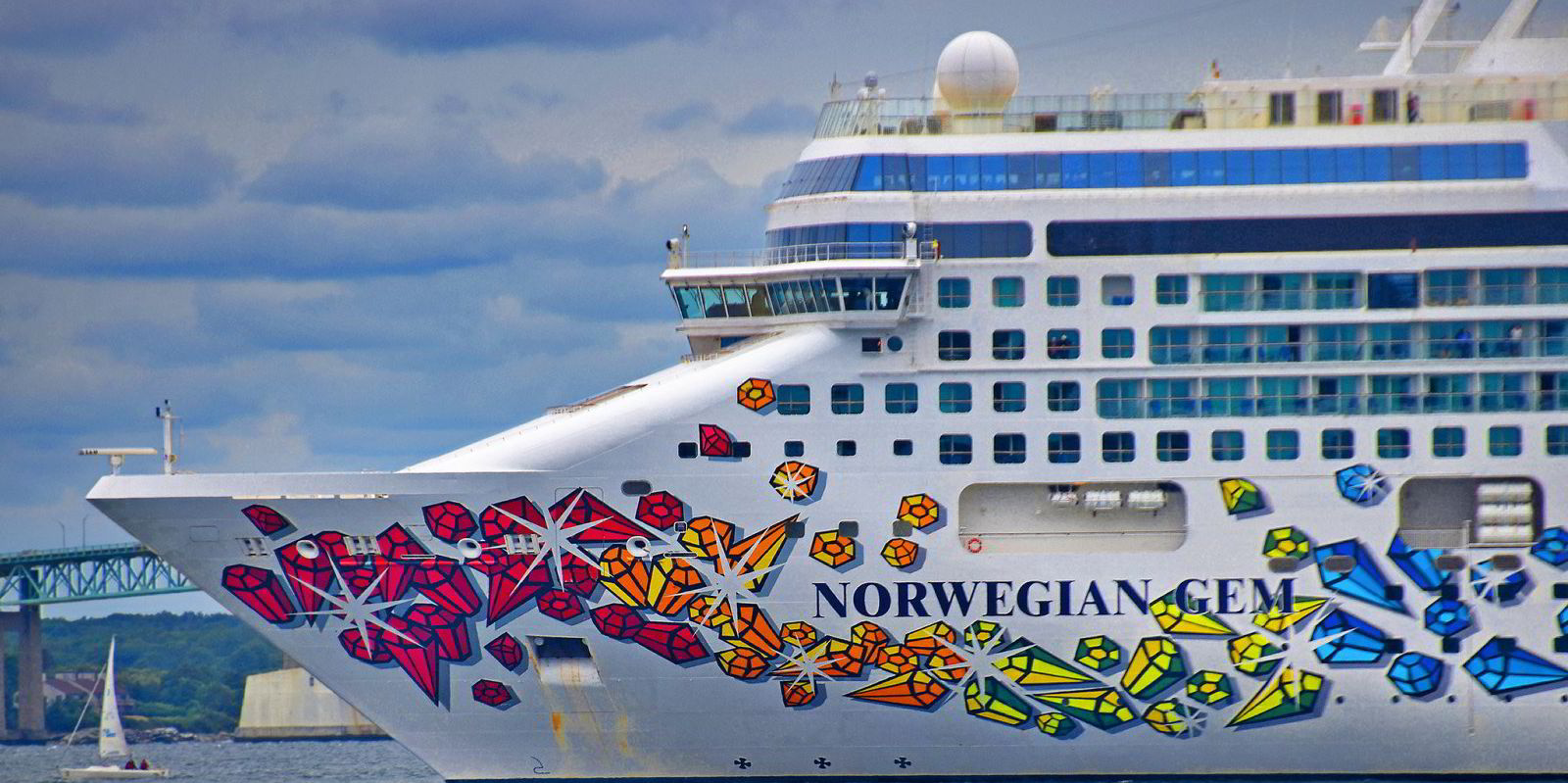At Norwegian Cruise Line Holdings, our global sustainability programme — Sail & Sustain — is centred around our commitment to drive a positive impact on society and the environment while delivering on our vision to be the vacation of choice for everyone around the world.
The future of our business is closely intertwined with the health of our oceans and the destinations we visit. That is why we are committed to addressing climate change and doing our part to protect and preserve the environment.
In 2018, we signed onto the Cruise Lines International Association (CLIA)'s historic commitment to reduce the carbon emissions rate industry wide by 40% by 2030 — a first step to support the International Maritime Organization’s vision of a carbon-free shipping industry by the end of the century.
To further build on this commitment, this past summer we introduced a long-term climate action strategy with a goal to reach carbon neutrality. Over the next year and beyond, we will drive progress towards carbon neutrality by reducing our carbon intensity, investing in technology and implementing a voluntary carbon offset programme.
To reduce our carbon intensity, we will continually seek opportunities to reduce emissions, optimise fuel consumption and maximise energy efficiencies. Our ongoing investments in systems and technologies have allowed us to reduce our fuel consumption per capacity day by approximately 17% from 2008 to 2019 for our entire 28-ship fleet.
As nine new and more fuel-efficient vessels are introduced to the fleet until 2027, this rate is expected to further decrease.
We have partnered with CLIA and other maritime organisations to propose establishing a $5bn collaborative shipping research and development fund dedicated to the ultimate goal of eliminating CO2 emissions from international shipping.
If approved, funds will be used to finance the accelerated development of zero and near-zero greenhouse-gas fuels and propulsion technologies. As new alternative fuel sources become available at a sufficient scale, we will evaluate how these can accelerate our decarbonisation strategy.
We also committed to buying carbon credits to offset 3m metric tonnes of CO2-equivalent over a three-year period to help bridge the gap in our decarbonisation efforts until new technology becomes available. The carbon offsets will be independently verified and meet the highest international standards.
We plan to gradually increase voluntary offset purchases in future years to reach our goal of carbon neutrality while simultaneously exploring additional ways to reduce our overall footprint.







